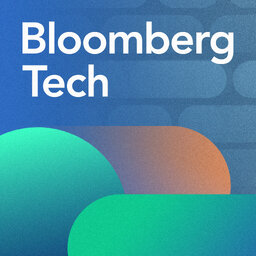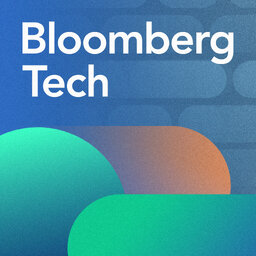China Hit with Chip Curbs, X and SpaceX Move to Texas
Bloomberg's Caroline Hyde and Ed Ludlow break down why the US is weighing tougher trade curbs on chips for China. Plus, Elon Musk moves the headquarters for SpaceX and X to Texas, and a deep dive into whether JD Vance can be good for business and the Andreessen Horowitz co-founders now also backing Trump.
 Bloomberg Tech
Bloomberg Tech


